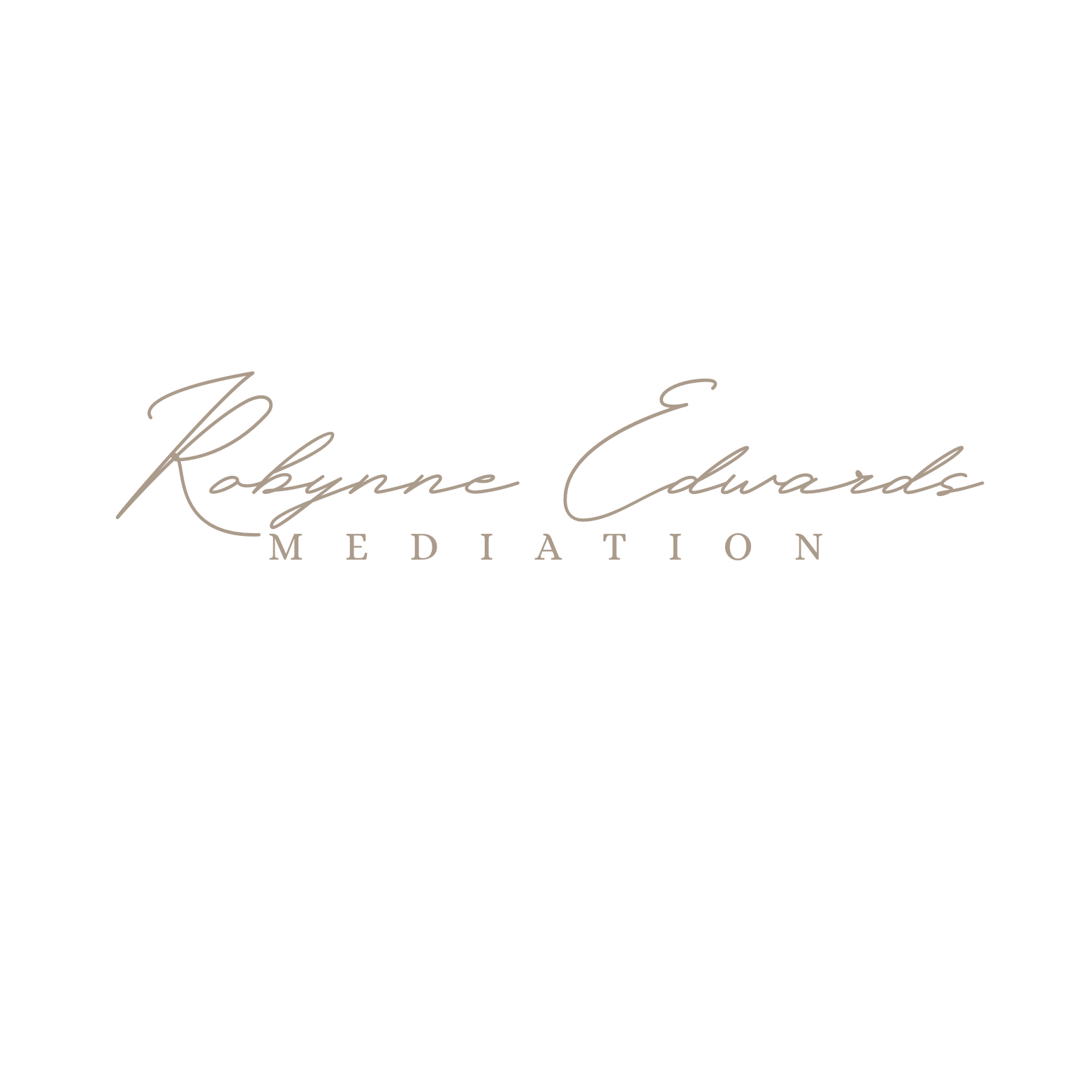In this article, we explore the fundamentals of mediation, outline its key benefits, and provide a brief overview of the process.
What Is Mediation?
Mediation is a voluntary and confidential process through which a neutral third party—the mediator—facilitates communication between parties in conflict with the aim of helping them reach a mutually acceptable agreement.
Unlike a judge or arbitrator, the mediator does not make decisions or impose outcomes. Instead, their role is to guide the conversation, encourage collaboration, and create space for resolution.
In South Africa, mediation is increasingly recognised as a legitimate and valuable alternative to litigation. The courts have embraced it, particularly through Rule 41A of the High Court and Magistrates’ Court Rules, which requires parties to consider mediation before proceeding with certain civil matters.
The Benefits of Mediation
Mediation offers several significant advantages, particularly when compared to litigation:
1. Cost-Effective
Mediation is generally far more affordable than court proceedings, which often involve extensive legal fees, delays, and procedural complexity.
2. Time-Efficient
Most mediation processes are concluded within days or weeks, in contrast to court cases which can drag on for months or even years.
3. Confidentiality
Unlike court cases, which are usually public, mediation is private and confidential. This is especially beneficial in sensitive personal or commercial matters.
4. Voluntary and Empowering
Because the process is voluntary, parties are more likely to engage in good faith and commit to outcomes. Mediation empowers individuals to craft their own solutions, rather than having one imposed by a court.
5. Preservation of Relationships
Mediation encourages respectful communication and mutual understanding, making it ideal for disputes where ongoing relationships are important, such as in family or business matters.
The Mediation Process: A Brief Overview
While each mediation is tailored to the specific needs of the parties, the typical process generally follows five key stages:
1. Agreement to Mediate
Parties agree to participate in the process and sign a mediation agreement, which outlines the rules, scope, and confidentiality provisions.
2. Initial Statements
Each party is given the opportunity to present their perspective without interruption. The mediator listens actively and ensures that everyone is heard.
3. Clarification of Issues
The mediator helps the parties identify the core issues in dispute and what each party needs to resolve the matter.
4. Exploration of Options
Through guided discussion and negotiation, the parties explore possible solutions. The mediator facilitates communication but does not provide legal advice or make decisions.
5. Reaching Agreement
If the parties reach a resolution, the terms are documented—either informally or as a formal settlement agreement. In some cases, the agreement may be made an order of court.
Conclusion
Mediation offers a modern, solution-oriented approach to resolving disputes—one that values cooperation over confrontation, and outcomes over winning.

